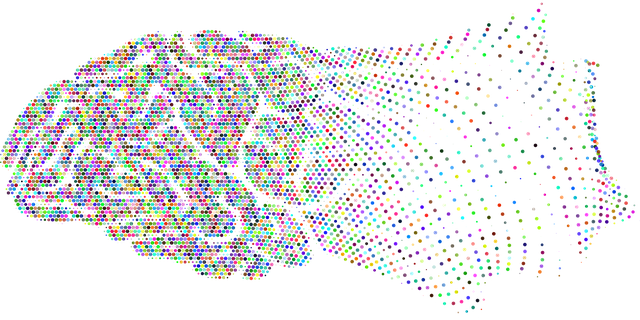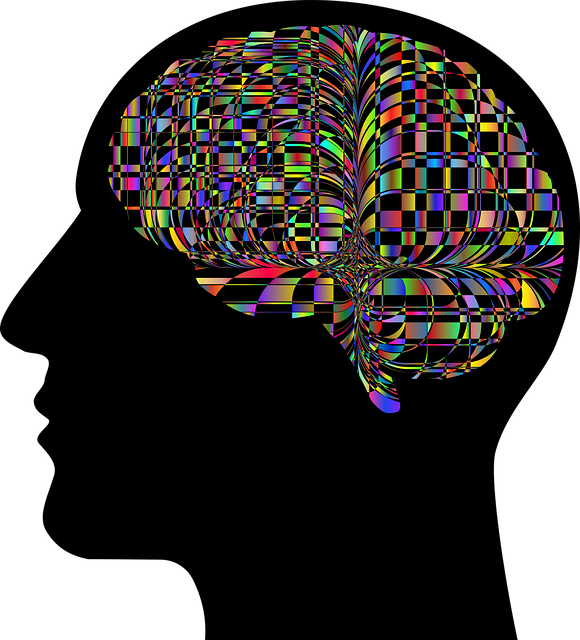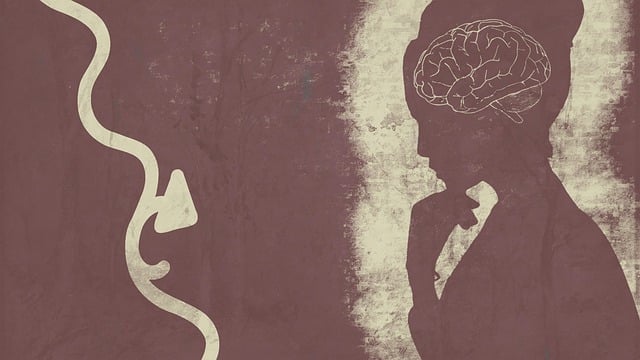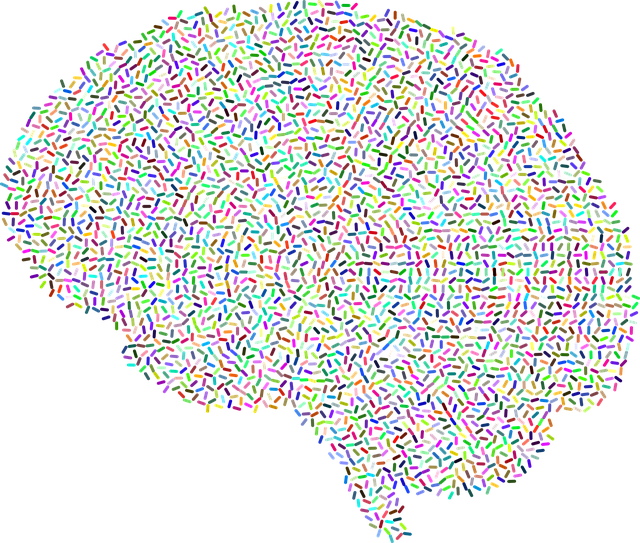Cultural competency is key to effectively treating complex mental health conditions like ODD and GCD, requiring understanding of diverse cultural beliefs. Golden Conduct Disorder Therapy (GCDT) revolutionizes care by addressing cultural barriers through compassion cultivation, emotional regulation tailored to backgrounds, and safe, inclusive spaces fostered through education. Healthcare providers' training with immersive simulations, mindfulness techniques, and stigma reduction enhances skills in delivering GCDT while respecting individual differences, leading to better patient satisfaction and outcomes.
Cultural competency is a vital asset in healthcare, ensuring effective therapy and improved patient outcomes. This article explores this concept, with a specific focus on Golden Conduct Disorder (GCD) therapy. We examine how cultural barriers impact GCD treatment and discuss strategies to enhance cultural competency among healthcare providers.
By understanding diverse cultural contexts, healthcare professionals can create inclusive environments, fostering better engagement and more successful therapeutic interventions.
- Understanding Cultural Competency in Healthcare: A Foundation for Effective Therapy
- Golden Conduct Disorder Therapy: Addressing Cultural Barriers and Promoting Inclusivity
- Training Approaches and Strategies for Healthcare Providers to Enhance Cultural Competency
Understanding Cultural Competency in Healthcare: A Foundation for Effective Therapy

Cultural competency in healthcare is a cornerstone for providing effective therapy, especially when addressing complex issues like Oppositional Defiant Disorder (ODD) or Golden Conduct Disorder. It involves understanding and respecting diverse cultural beliefs, values, and practices, enabling healthcare providers to offer tailored care that resonates with patients from various backgrounds. In the context of mental health treatment, this means going beyond language translation to truly comprehending and appreciating the unique ways individuals perceive and express their experiences.
For instance, Cultural Sensitivity in Mental Healthcare Practice plays a pivotal role in building trust and fostering open communication. By incorporating Conflict Resolution Techniques, therapists can navigate sensitive cultural dynamics, ensuring that interventions are not only evidence-based but also culturally responsive. Enhancing mental health awareness among diverse communities requires this level of cultural competency, ultimately leading to improved therapeutic outcomes.
Golden Conduct Disorder Therapy: Addressing Cultural Barriers and Promoting Inclusivity

Golden Conduct Disorder Therapy (GCDT) is a specialized approach that recognizes and addresses cultural barriers to care, promoting inclusivity within mental health services. This therapeutic framework goes beyond traditional treatments by incorporating compassion cultivation practices, which aim to enhance emotional regulation while considering diverse cultural backgrounds. GCDT encourages healthcare providers to develop a deeper understanding of their clients’ lived experiences, fostering an environment where individuals feel seen and heard.
By integrating Mental Health Education Programs Design tailored to different cultural contexts, GCDT bridges the gap between healthcare providers and patients from various ethnic and socioeconomic groups. This inclusive approach ensures that therapeutic interventions are not just culturally sensitive but actively embrace the richness of diverse communities. As a result, clients experience improved mental well-being and stronger connections with their caregivers, ultimately leading to more positive outcomes.
Training Approaches and Strategies for Healthcare Providers to Enhance Cultural Competency

Healthcare providers play a pivotal role in shaping patient experiences and outcomes, making cultural competency training essential. Effective strategies involve immersive simulations that allow practitioners to step into diverse patients’ shoes, fostering empathy and understanding. These scenarios can depict various cultural backgrounds, health beliefs, and communication preferences, enabling medical staff to navigate complex interactions with sensitivity.
Additionally, integrating evidence-based practices like Mindfulness Meditation and techniques for Depression Prevention can significantly contribute to cultural competency. Mental Illness Stigma Reduction Efforts within these training programs help dispel stereotypes, promoting a more inclusive healthcare environment. By combining role-playing, interactive workshops, and exposure to diverse patient narratives, healthcare providers can enhance their abilities to offer Golden Conduct Disorder Therapy while respecting individual differences, ultimately improving patient satisfaction and health outcomes.
Cultural competency training is a vital tool in enhancing healthcare services, especially when addressing complex issues like Golden Conduct Disorder. By understanding and navigating cultural barriers, healthcare providers can create an inclusive environment that fosters effective therapy. The strategies outlined in this article provide a framework for improving patient outcomes by equipping professionals with the skills to deliver culturally sensitive care, ensuring accessibility and better health outcomes for diverse communities.














